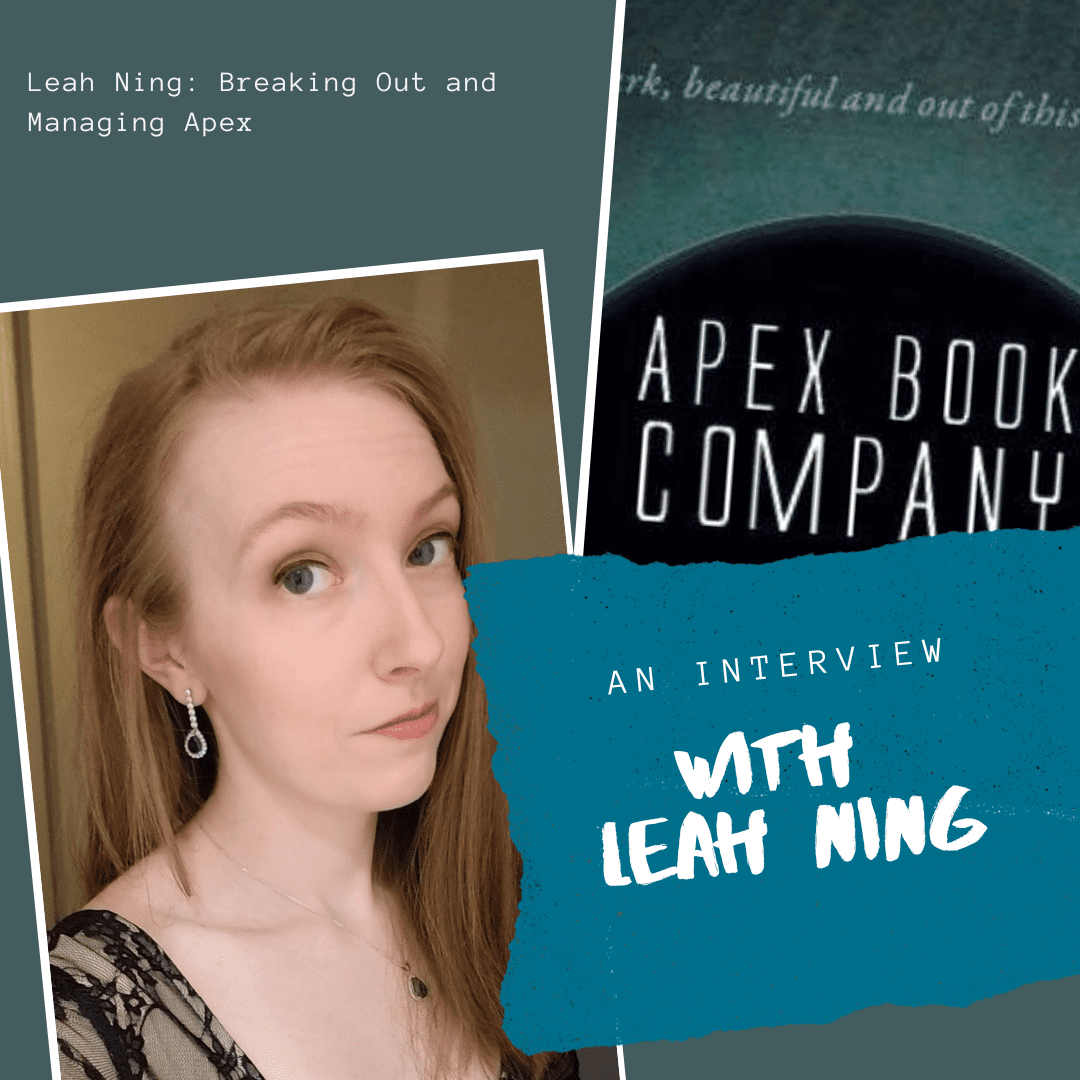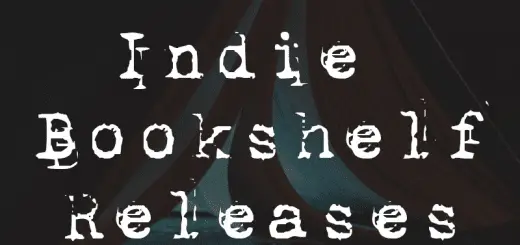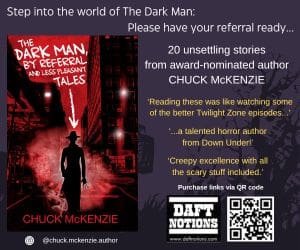Leah Ning: Breaking Out and Managing Apex

Leah Ning: Breaking Out and Managing Apex
By Angelique Fawns
Leah Ning’s writing career is like shooting off like a circus performer out of a cannon. She has stepped up as managing editor at Apex Book Company and is selling stories like hotcakes. Her short fiction has been picked up by some of the top markets in the speculative world, like Podcastle, The Dark, Beneath Ceaseless Skies, Dark Matter Magazine, Factor Four, Apex, and Air and Nothingness Press to name a few. This Virginian has cats, a dog, and a sugar glider. If you don’t know what they are, google them. Super cute.
She took the time to talk to me about her path to success and future plans.
AF: When did you first decide that you wanted to become a writer?
LN: I’ve been writing since I was a kid – yeah, I know, real original story – but I didn’t decide to really make a go at professional writing until about 2018. I had taken a pretty long hiatus from writing fiction during college and the immediate post-college years, but, man, I missed it! It was a long enough hiatus that I finished college, got married, and moved a couple times in the interim. Pretty bad, but I’m trying to make up for lost time!
AF: You are a winner of Writers of the Future, volume 36. How did this influence your career?
LN: One of the most important things that did for me was to give me that boost of “Man, you know, maybe I can actually make something out of this.” That might sound small, but it’s not. In a career where you’re going to get far more rejections than acceptances, a boost like that is huge, especially coming from someone like Dave Farland, who at the time was the coordinating judge. That win was what gave me the confidence to write more stories and submit to more pro markets.
AF: What is your writing process/routine? How do you find the time?
LN: Oh my process is utter chaos. Well, I guess it’s become less chaotic lately – I recently graduated from the Your Personal Odyssey workshop, and I owe about a million thanks to Jeanne Cavelos for making my writing better than I could’ve made it alone.
Right now, when I’m writing a short story, I need to know a few things before I can start: where it’s starting, who the character is, what the story’s about (at least vaguely), and where it’s going to end (at least vaguely). Sometimes I’ll have a few particular beats I want to get in as well. And from there…well, I’ve always been a filthy pantser. Now I’m just a pantser with more structure.
In terms of time, I can’t just find it. I have to carve it out. Like a lot of people, I find it pretty easy to slip into doing a lot of things for other people and neglect my own work. So right now, I’m making sure that as much as possible, I’m blocking out at least a couple hours a day to let myself write. I have to if I’m ever going to finish this novel!
AF: Why have you chosen short stories and speculative fiction?
LN: Short stories are a fascinating art form. They’re amazingly versatile, and so many editors in the spec fic field especially are willing to publish some wildly experimental stuff. And, as anyone who’s ever met me for more than about five seconds could tell you, I’m a pretty contrarian person. So if I hear that you’re not supposed to do something, or you’re supposed to do it in a specific way, I’m going to sit down and figure out a way to do it that’ll work. It’s not even conscious anymore, I’m just instinctually antagonistic. And short fiction is an excellent place to be in for someone who thinks that way. Wild structures, weird ideas – just about whatever you can come up with, if you can make it work, short fiction editors (and readers!) are really open to those sorts of things.
Why spec fic in particular? More room to come up with weird, evil things, at least for me. “What if…” suddenly becomes much more open-ended in spec fic.
AF: You recently landed sales at some of the most esteemed pro-markets in the business. What is the secret to your success?
LN: The secret to success is that there isn’t one. I can hear some writers wailing with despair and others nodding wearily. But “no secret to success” is sort of the best part. It means that if you tried something that worked for someone else but didn’t work for you, it doesn’t matter. It’s just something to cross off the list of things to try, and that list is so long it might as well be infinite. Writing is an endless hunt for what works for you, and you’re probably never going to find all of that. There are no failsafe secrets to success except to keep trying to learn. The one failsafe secret to failure, though, is to stop trying.
AF: Talk to us about your new position as managing editor at Apex! Is this a full-time gig, or do you have another day job?
LN: I don’t have any one full-time gig – I just do about a hundred different things for about a hundred different people! But beyond my own writing, Apex is as close to a day job as I’ve got. Jason Sizemore recently called me a utility wrench, which is hilariously accurate. I’m mostly a background organizational person, which is exactly where I like to be. Right now, I’m helping out with work on Apex’s new deal with Diamond Book Distributors, including keeping books on schedule, and making marketing plans alongside our incredibly talented new acquisitions editor, Marissa van Uden. I’m also coordinating the Kickstarter we’ll be running for The Map of Lost Places, edited by Sheree Renée Thomas and Lesley Conner (Kickstarter page here, for those interested in following, and guidelines here, for those interested in submitting), which launches on October 10th. I’m also formatting Apex Magazine, helping out with website maintenance, helping out with marketing plans for the magazine and the book company, and…well, you get the drift. Utility wrench.
AF: Any secrets or advice for cracking into Apex Magazine as a writer? (I try every month)
LN: Assuming you already read the magazine, which is always the first piece of advice anyone will give for this sort of question (and rightly so)…my first piece of advice would be to keep trying, of course, but one thing I don’t see around super often is that Apex likes its spec fic to be strongly speculative. Please keep in mind that I have no control over the selection process at the zine, and nor am I Lesley Conner or Rebecca Treasure. I’m basing this off of rejections I’ve personally received. But if you have a spec element that could be interpreted as a metaphor – even if it’s clearly not a metaphor within the story – it may not be quite speculative enough for Apex.
Obviously, if you’re not sure, don’t self-reject. Send it in and let Lesley and the readers decide. But if it’s on the edge, and you can weave that spec element in closer to the story…that could potentially be a tipping factor.
AF: Do you have any additional advice/tips for writers who wish to make sales to pro-speculative markets?
LN: Write what you like and find a market for it when it’s done. You might be able to tailor the story after, if you’d like to, depending on whether that’ll lessen the strength of the story. But ultimately, if you grow a fan base, it’s going to be because of the way you write and the things you write about. You might as well be writing about things you want to write about.
Also, if you’ve got a weird, subversive, whatever idea – do it. There’s almost always a way to make it work. And even if you can’t, you’re sure going to learn something by trying.
AF: Finally, what is the ultimate goal/career for Leah Ning? What does the future hold?
LN: The future is querying! Once I finish up writing the novel I’m working on, I’d like to convince some poor agent-shaped soul that it’s worth subbing around, and from there, we’ll see. In terms of Apex…world domination!
Thanks for interviewing me, Angelique – I really appreciate your time!
- About the Author
- Latest Posts
Angelique Fawns writes horror, fantasy, kids short stories, and freelance journalism. Her day job is producing promos and after hours she takes care of her farm full of goats, horses, chickens, and her family. She has no idea how she finds time to write. She currently has stories in Ellery Queen, DreamForge Anvil, and Third Flatiron’s Gotta Wear Eclipse Glasses. You can follow her work and get writing tips and submission hints at http://fawns.ca/.










